What Is A Flexitarian Diet?
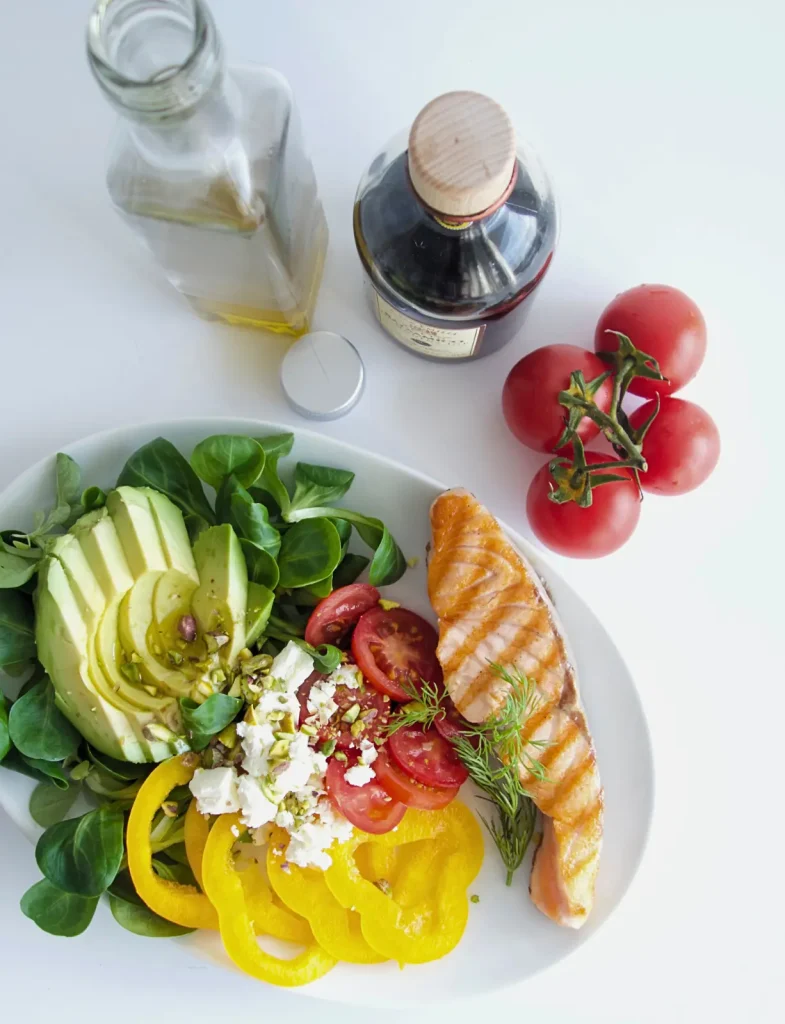
What Is A Flexitarian Diet?
If you rolled your eyes the first time you heard the word “flexitarian,” you’re not alone. What is a flexitarian diet anyway?
First there was the vegetarian diet, then there was vegan. In most of our lifetimes, we went from low-fat to low-carb–once known as Atkins, or Somersizing, now known as the very popular keto diet.
There are the paleo, whole 30, raw fruit (or “fruitarian”) folk, plus those who swear by the carnivore diet of only meat. There are pescatarians, and those on a more moderate Mediterranean diet.
With food items ranging from fat-free to sugar-free, corn-free, egg-free, gluten-free and dairy-free, it’s a pretty overwhelming world of choices out there. Did someone really have to go and invent ANOTHER one?
Well, no. Not exactly.
Registered dietician Dawn Jackson Blatner may have been the first to combine the words “flexible” and “vegetarian,” but many people have been eating this way for a long time before her book came out around 2008.
Maybe it’s for environmental reasons. Or maybe it’s because we’ve been told for eons to eat our fruits and veggies. Maybe some can even feel it inherently when they eat more produce and generally feel better. Or the reverse: when they eat more animal products and less greens, they feel worse.
Who knows. But whatever the reason, people in countries around the globe often opt for eating flexitarian.
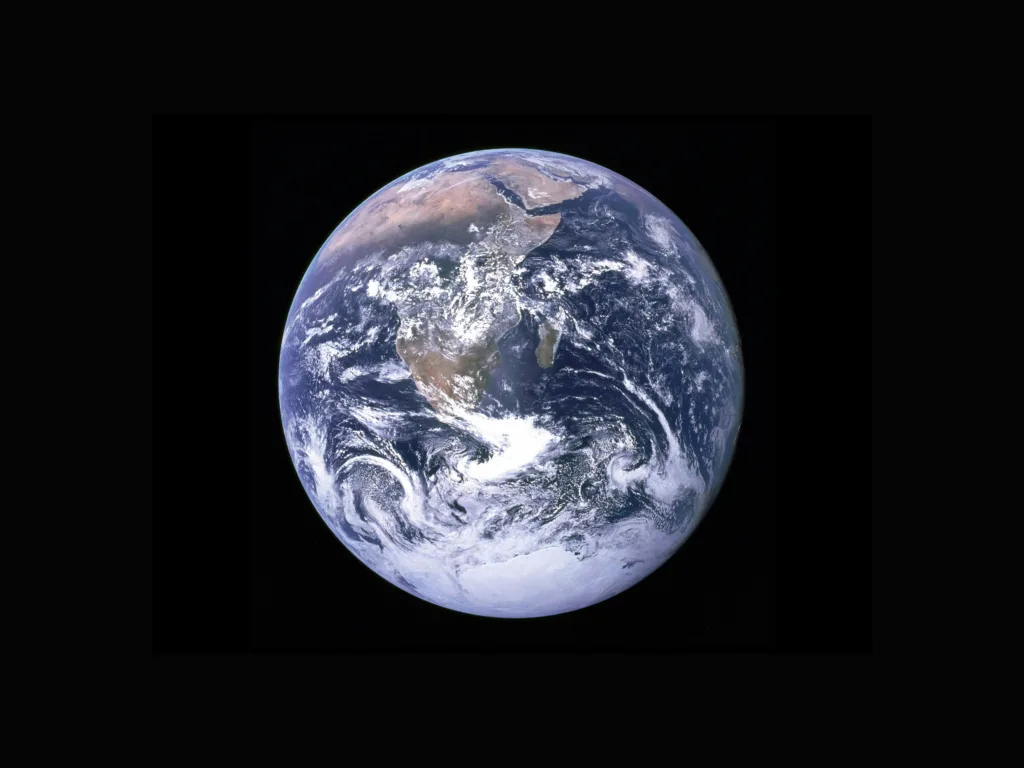
So Exactly What Is The Flexitarian Diet?
As suggested by it’s name, the Flexitarian diet takes a flexible approach to vegetarianism. Eating flexitarian means eating *mostly* plant-based, whole foods. The diet allows some wiggle room for those who want to eat an egg, some cheese or even a hamburger once in a while.
Can you really be a vegetarian and eat meat? Well, no. But you can be a flexitarian, if you enjoy the label.
What Is The Vegetarian Diet?
Growing up with a strictly vegetarian mother my whole life, it has always surprised me when we go to people’s houses or to a restaurant how many people don’t really know what vegetarian means. Can you eat eggs? Cheese? Chicken broth? It’s not actual meat, right?
I’ll try make it clear here: vegetarians eat any animal products that don’t involve death of the animal. Sorry if that’s too gruesome. Vegetarians can have dairy (anything from milk, like butter, cheese, ice-cream, etc.) and eggs are totally fine, too. Some call this way of eating lacto ovo vegetarian, but why make things more confusing. Vegetarians eat dairy, eggs and honey. Vegans, on the other hand, do not.
Vegetarian vs. Vegan
Do we really need to get into this? I think we do, just to clear things up. Vegans simply don’t eat any animal products. Many vegans also steer clear of buying and/or wearing leather or animal-sourced clothing, but I’m guessing many also don’t even think about that.
SO.
Vegetarians = dairy, eggs, honey, leather: ALL GOOD.
Vegans = none of the above.
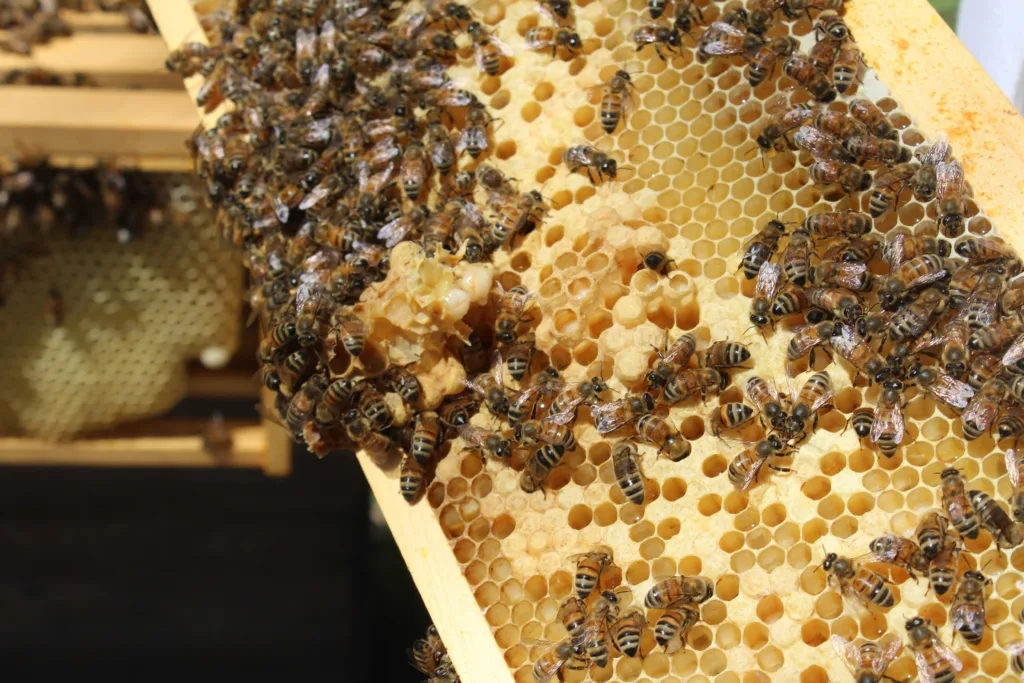
Both diets usually consist of lots of vegetables, lentils and beans. But… not necessarily. I once knew a vegan who lived on peanut butter and olive sandwiches (so weird it stuck with me). Technically, even oreos are vegan. So you COULD eat nothing but oreos and call yourself vegan.
And as for the chicken broth, which is a seriously common issue: it’s a big old NO for both vegans and vegetarians. No collagen products. No bone broth products. No products that are part of the animal’s body. (Sorry to be gruesome again, but this topic kind of requires the clarity.)
Now, if you’re a flexitarian, it’s a different story…
What Do Flexitarians Eat?
Like vegans, vegetarians, and most everyone else following a decently healthy diet, flexitarians eat mostly fruits, vegetables, beans and legumes. They are also totally cool with the occasional cheese, eggs, meat. Yup, even chicken broth is a-okay.
On a flexitarian diet, anything goes! The trick here is the amount. But relax, no one needs to start tracking macros or anything. (Unless you want to, then good for you–I am just not a person who enjoys tracking anything.)
The basic idea is you eat MOSTLY a vegan-ish/plant-based whole foods diet, but you eat any animal products you want in small amounts. So we’re not talking those vegans sustaining themselves on cookies. We’re talking plant-based eating, as in, stuff that grows from the ground at most (every?) meal.
Could be beans and tofu, could be carrots and kale. Could be wheat bread and rice, could be apples and bananas. In any diet, the healthiest option is to eat less processed foods (like bread and pasta), and go for whole foods. Not the big chain grocery store (how confusing), but foods in their whole natural form. Broccoli. Kiwis. A red bell pepper.
And if you’re eating flexitarian, meat, fish, chicken, eggs, milk and cheese.
If the food comes in a package with a list of ingredients, it’s *probably* not a whole food. Unless it’s like, beets marinated in vinegar or something.
A general rule of thumb for the grocery store: if it’s from the produce section or the meat/dairy fridges around the perimeter of the store, it’s more likely whole. If it’s from the middle shelves of packaged foods like cereals, cookies, chips, etc… well, you know the answer already.
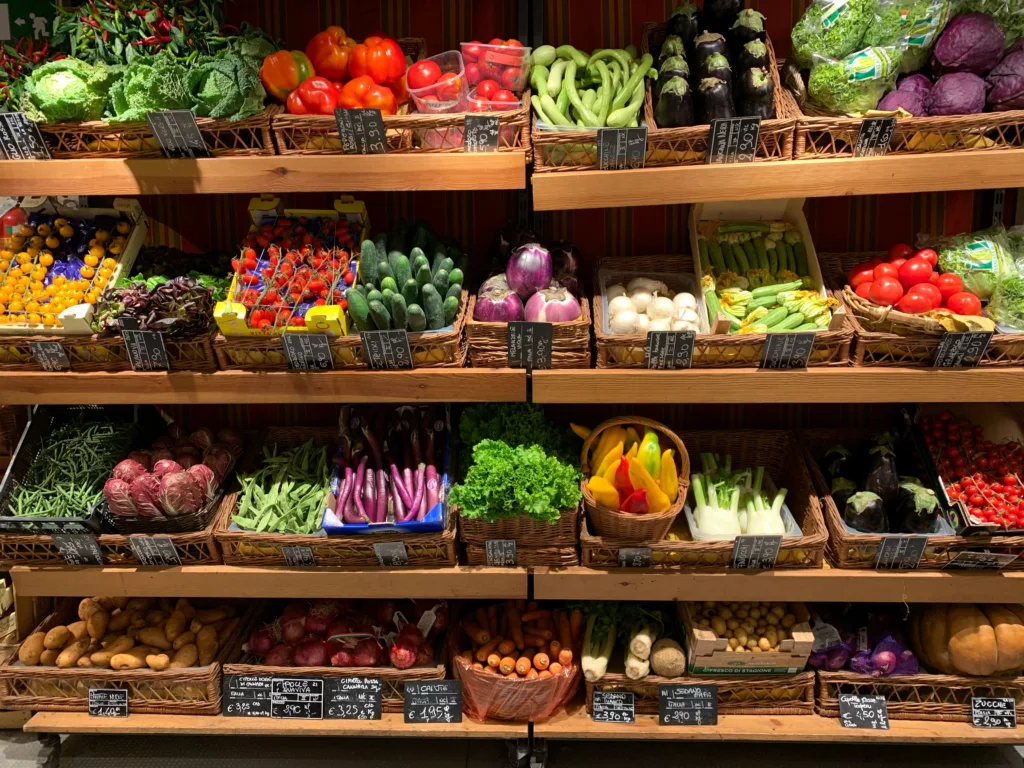
Does it matter if it’s organic or not? Or how about free-range/cage-free/grass-fed/ETC.?
As far as the organic label goes, it has nothing particularly to do with the flexitarian diet (or any diet, for that matter). If you’re going for health with a capital H, buying organic when you can is always a good idea. Don’t think you’re skipping the pesticides though: you’re just getting organic pesticides (which some argue, require double or triple the pesticide dose).
Still, I opt for organic whenever I can to avoid really terrible pesticides and herbicides like glyphosate (aka “Roundup”) that are destroying human health AND the environment. No thanks.
For produce–organic or not–that is usually high on the dirty dozen list or just logically you know would have more contact with pesticides (like apples, strawberries and grapes vs. avocados, oranges and bananas), I always try to get in a 30 second – 30 minute soak in a bowl of water and baking soda before consuming.
As for the other labels… humane, free range, etc… take most of them with a grain of salt. Free range could mean a chicken has a couple square feet to spin around in. Grass fed means nothing unless it’s 100% grass fed. And “natural”? Well… totally meaningless.
Do I pick these options over ones with no greenwashing? Full disclosure: I often do. I’m usually in a rush and trying to do my best and hope that a little picture of a farm means something. Deep down, I completely know that it doesn’t. I DO try to balance out these unfortunate purchases by shopping locally for things that I know I can get in my neighborhood. Eggs are low-hanging fruit here.
If you truly care about the animals you eat and what their lives were like and/or what kind of substances they might deliver into your body, it’s best to shop at local farm stands and farmer’s markets and ask the farmer yourself. Many brands are consistently sued for ethical misleading, with packages of happy animals on pastures when really there’s nothing further from the truth.
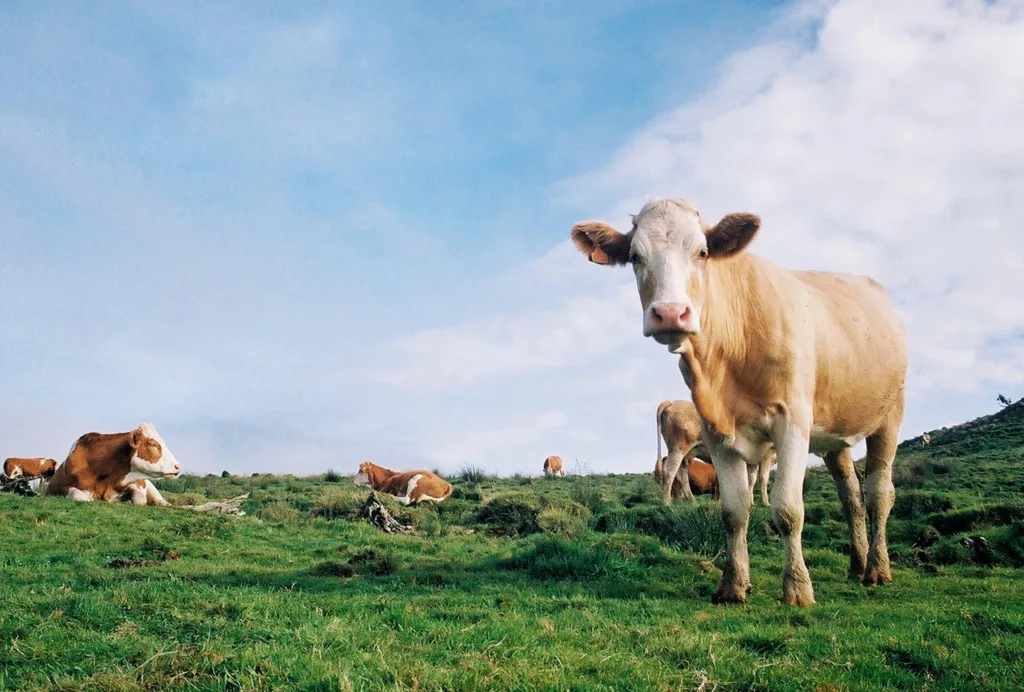
There are only a few rules that legally have to be followed: animal products labeled “organic” can NOT be fed a diet of GMO soy, for example. Their soy would have to be organic. “Certified humane” also demands that animals live a little more freely and naturally. But these definitions, and many others, leave a lot of room for interpretation.
Back To “Flexitarianism”
Is it making more sense now? You can choose whatever kind of food you want, you’re just going to be eating more produce with it. Beans? Oh yeah. Lentils? Oh yeah. Steak? Pump the brakes. Once in a while it’s alright, but the goal is to not eat meat all the time (which for some people, maybe most people, is the standard).
The whole point is that while you can eat meat, you eat far less of it.
Alright, well, I hope this was helpful. I really believe that the flexitarian diet sounds much more appealing to most people, since most people do not want to give up all animal products. And I hope the world moves in this direction of moderation, lots of veggies, and still letting loose once in a while. Factory farms are ruining the planet… but things are so bleak these days, it’s no fun to be rigid, either.
Hopefully one day we will all be ordering a huge salad or veggie stew with a small side of chicken or an egg or whatever. Life is for enjoying, and I think this way of eating let’s us do that, and feel good about it.
Goat Cheese, A Delicious “Compromise”
I often choose goat cheese over cow’s milk, since it’s slightly better for both my body and the environment. It’s not an every day food or anything, but nothing brings indulgence to a salad quite like this tangy, creamy cheese.
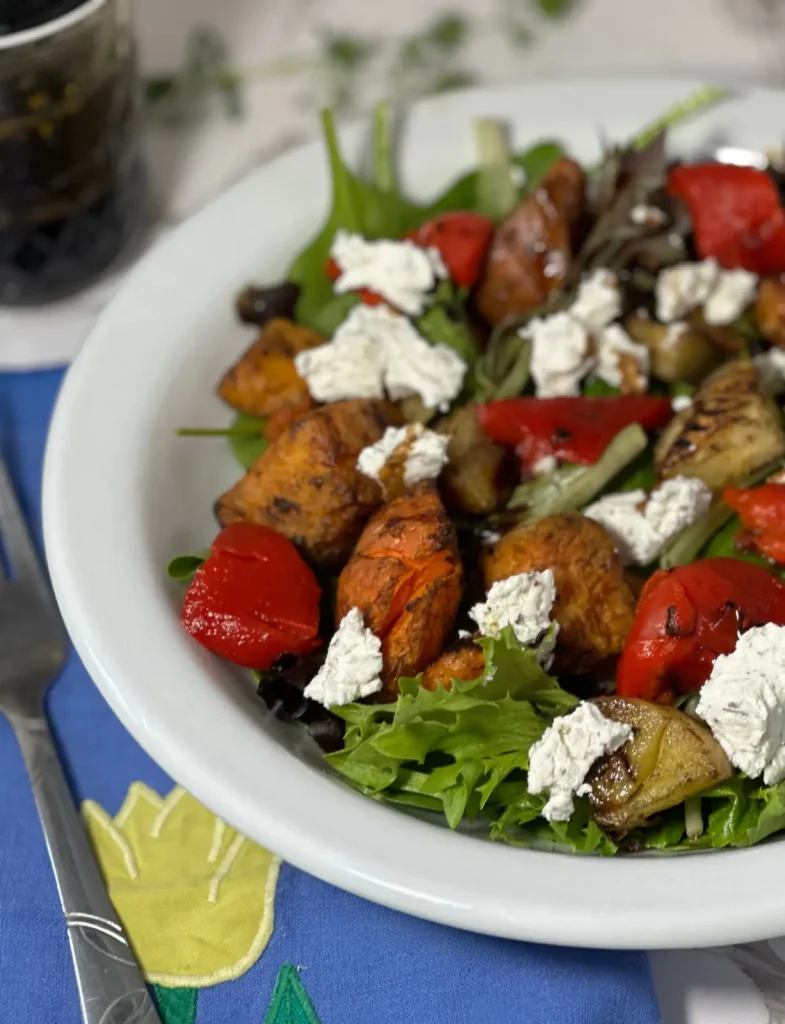


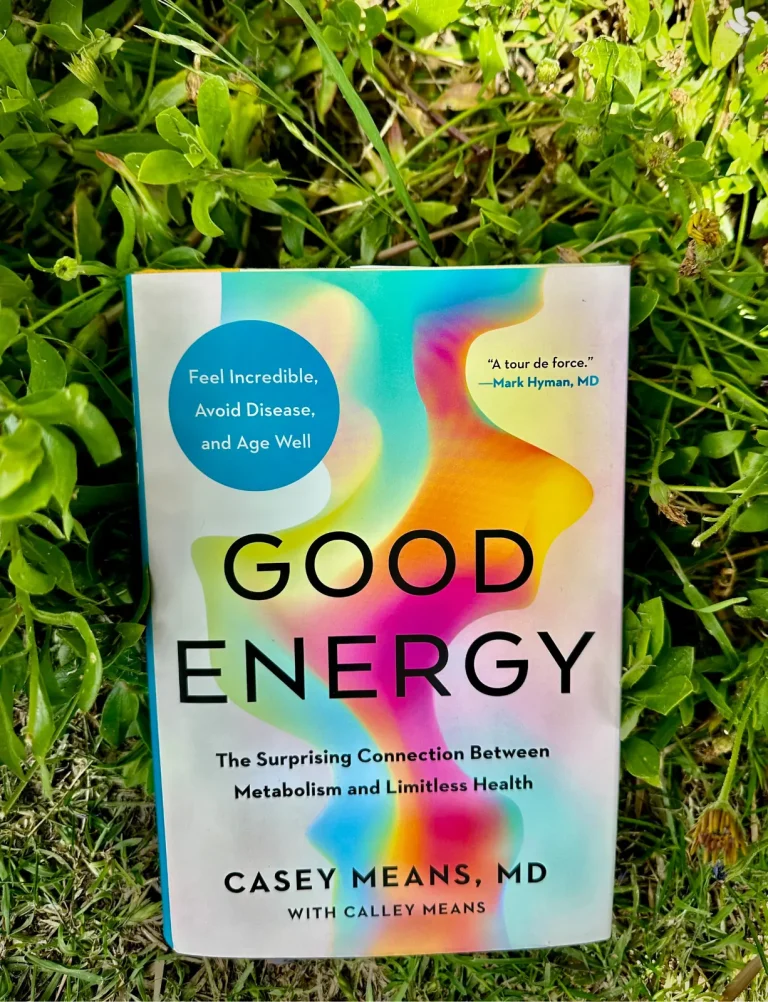
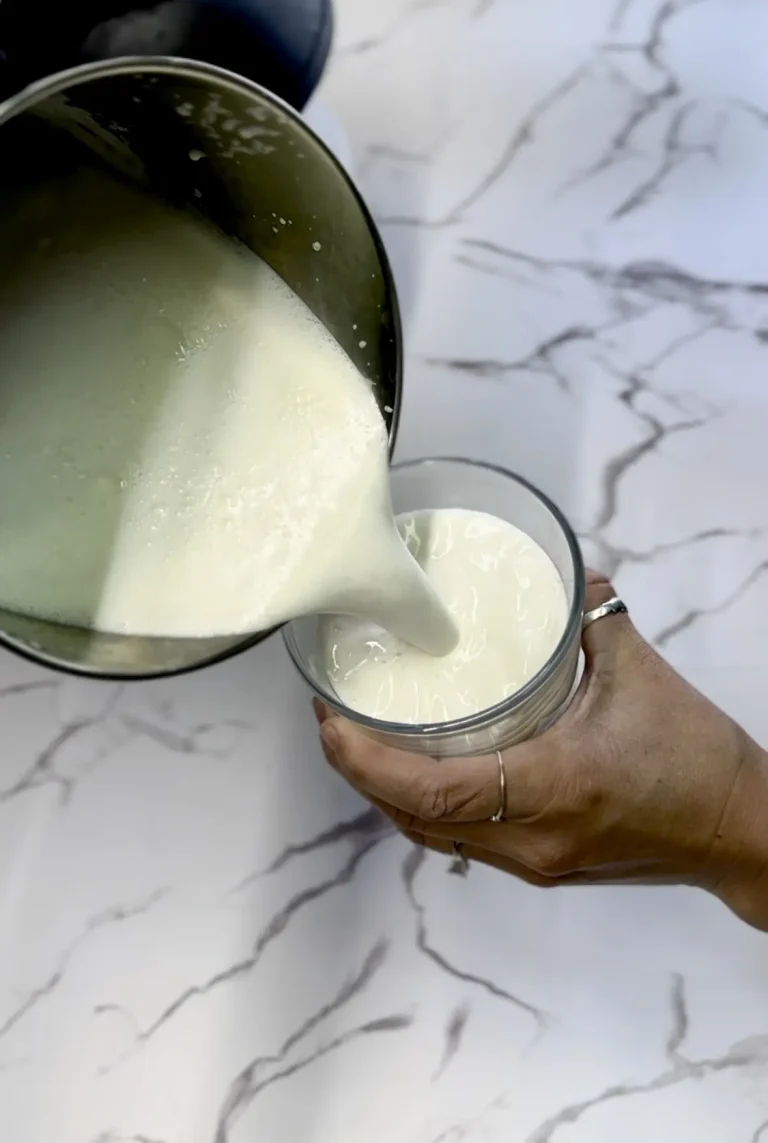
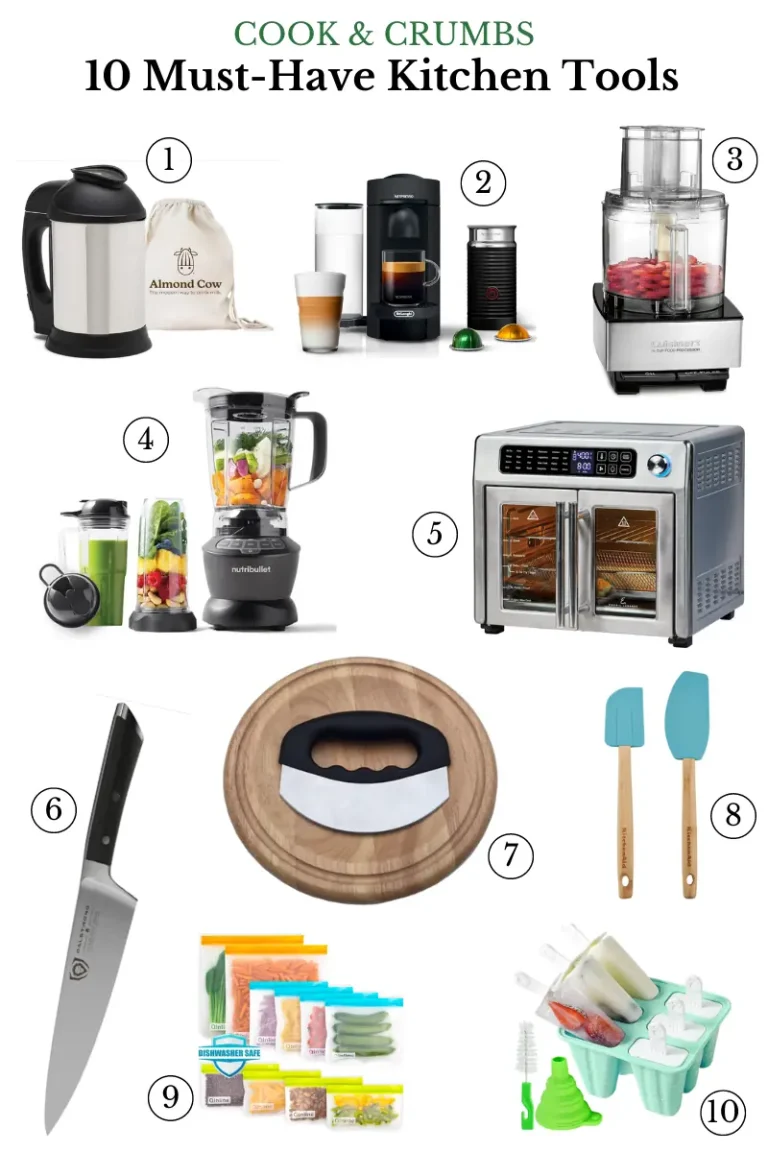

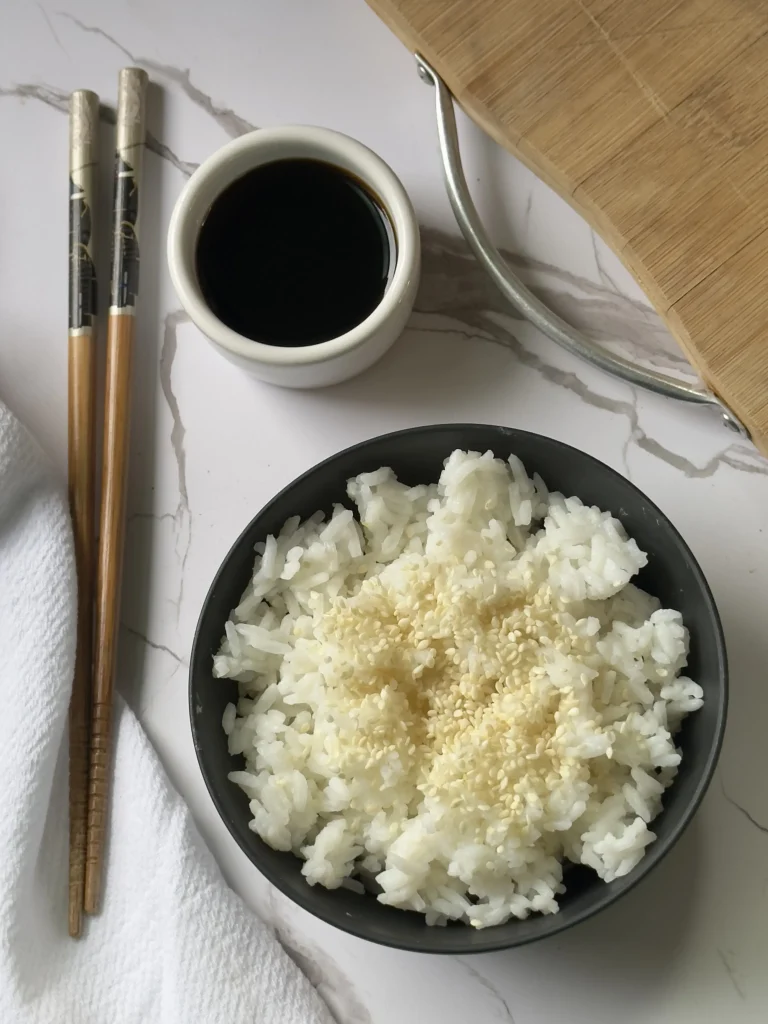
This is what I do; a few books I’ve read called it a plant-based diet since most of the diet is focused on plants with the occasional meat, egg, dairy, etc. though of as a side dish or a “splurge” option. I try to stick to plant based when I’m at home and then eat whatever sounds good whenever we go out to eat– we rarely eat out unless we’re on vacation so it seems like a good balance to me.
Love that Joanne! That’s pretty much what I do as well. If I’m out, which is rare, I don’t worry too much about it.